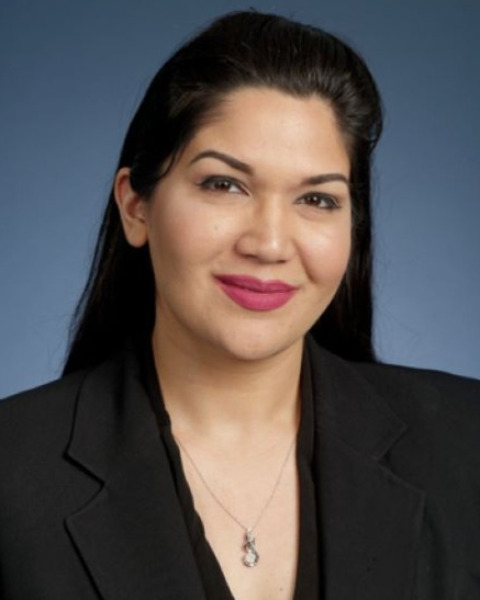Quality Improvement/Patient Safety
Session: Quality Improvement/Patient Safety 1 Works in Progress
WIP 118 - Enrolling Pediatric Patients at Well Child Checks with Library Cards to Promote Literacy and Educate about Community Resources
Monday, May 6, 2024
9:30 AM - 11:30 AM ET
Poster Number: WIP 118
Publication Number: WIP 118.2605
Publication Number: WIP 118.2605

Saarah S. Chaudhri, DO, MMS (she/her/hers)
Resident Physician
Texas Tech University Health Sciences Center
Lubbock, Texas, United States
WIP Presenting Author(s)
Background: In a child's first three years, vital for language development, exposure to literature supports brain maturation, bonds, and lifelong literacy skills. Literacy disparities stem from location, caregiver proficiency, race, and income. Texas grapples with childhood literacy challenges: 72% of 4th graders struggle, 83% from lower-income homes. Pediatricians aim to bridge the gap through Reach Out and Read, but financial and age limitations pose a restriction. Our resident-run clinic, serving Medicaid-insured, low-income families, continues to face book shortages. Pediatrics is a field in where recognize the value of public libraries, offering books, educational resources, and diverse activities for all ages.
Objective: I propose a collaborative effort between Pediatrics Residency and the Public Library. Our goal is to issue library cards to children aged 1-10 years during the well child visit. Our primary objective is to secure at least 10 applications per month. The enduring goal is to introduce accessible library card applications in Pediatrician's offices, advancing our commitment to literacy. This endeavor aims to enhance literacy and provide equal access to resources, regardless of economic circumstances.
Design/Methods: Discussed initiative with clinic supervisor and local public library; received approval in April 2023. Project began in May 2023, with procedures shared with residents and staff verbally. Email sent outlining project background, goals, criteria, and initiation to 2022-2023 residents, IRB, clinic attending physicians, and clinic staff. Project details shared with the new residency Class of 2026. Completed applications are collected and placed in a box awaiting library processing with cards mailed directly to patient/family. Weekly data compilation includes age, gender, card type, and zip code. Encrypted Microsoft Excel used for analysis, ensuring patient privacy. The first quarter of the project, a total of 113 library cards were processed with monthly interventions. Data collection and PDSA cycles continue until April 2024, with final results pending.
